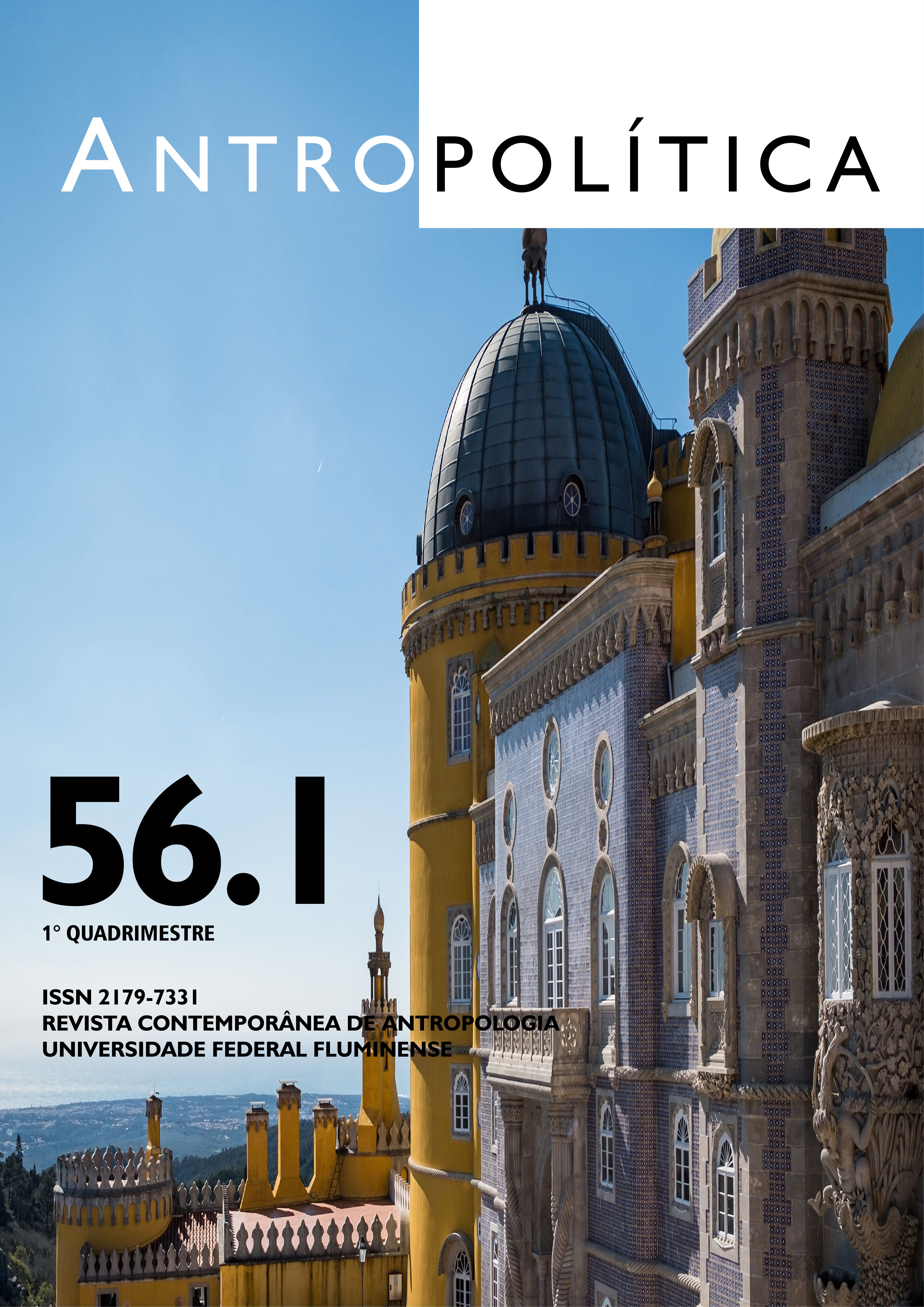Apresentação: “Entre a tradição e a inovação”: tensões e negociações entre as categorias religião, secular e patrimônio em contextos lusófonos
DOI:
https://doi.org/10.22409/antropolitica.i.a62098Palavras-chave:
Religião, Secular, Patrimônio.Resumo
A estrutura do dossiê foi modelada com base em estudos nos quais práticas religiosas e seculares são abordadas de maneira interligada, evitando sua análise isolada ou encará-los como termos descritivos neutros. Em vez disso, foram tratadas como elementos intrínsecos ao próprio objeto de investigação ou como ferramentas analíticas que se conectam a outras categorias relevantes, como patrimônio, modernidade e nação. Nosso objetivo era compilar etnografias que destacassem as novas dinâmicas em que “sacralidade e secularidade se informam, reforçam e transbordam uma para a outra”, especialmente nos processos de “patrimonialização do sagrado” e “sacralização do patrimônio”. Partimos do conceito de “sagrado secular”, que abrange os processos entrelaçados de secularização e sacralização. Nesse contexto, ideias, sentimentos, emoções, motivações, experiências, percepções sobre pessoas, objetos, imagens, representações ou lugares se entrelaçam, se fundem e, por vezes, entram em conflito. Essa abordagem foi inspirada no insight de Talal Asad e Saba Mahmood de que o regime secular não se opõe necessariamente à religião. A base dessa perspectiva reside na compreensão da religião como um processo de construção social complexo, que entrelaça história e poder. Isso permite identificar múltiplos agentes sociais competindo na construção de suas fontes de autoridade, reivindicando a “herança” por meio de discursos e práticas. Portanto nosso enfoque não se volta para a separação entre categorias tais como religião e secular, mas sim para o modo como elas participam dos processos de sacralização e dessacralização dos empreendimentos patrimoniais.
Downloads

Publicado
Edição
Seção
Licença
Copyright (c) 2024 Bruno Ferraz Bartel, Clara Saraiva

Este trabalho está licenciado sob uma licença Creative Commons Attribution 4.0 International License.
O conteúdo da revista Antropolítica, em sua totalidade, está licenciado sob uma Licença Creative Commons de atribuição CC-BY (http://creativecommons.org/licenses/by/4.0/deed.pt).
De acordo com a licença os seguintes direitos são concedidos:
- Compartilhar – copiar e redistribuir o material em qualquer suporte ou formato;
- Adaptar – remixar, transformar, e criar a partir do material para qualquer fim, mesmo que comercial;
- O licenciante não pode revogar estes direitos desde que você respeite os termos da licença.
De acordo com os termos seguintes:
- Atribuição – Você deve informar o crédito adequado, fornecer um link para a licença e indicar se alterações foram feitas. Você deve fazê-lo em qualquer maneira razoável, mas de modo algo que sugira que o licenciante o apoia ou aprova seu uso;
- Sem restrições adicionais — Você não pode aplicar termos jurídicos ou medidas de caráter tecnológico que restrinjam legalmente outros de fazerem algo que a licença permita.

